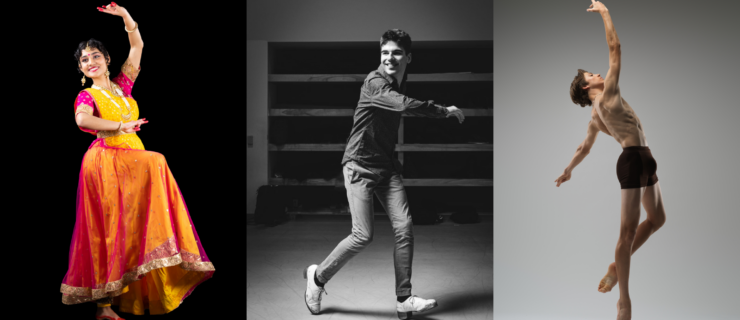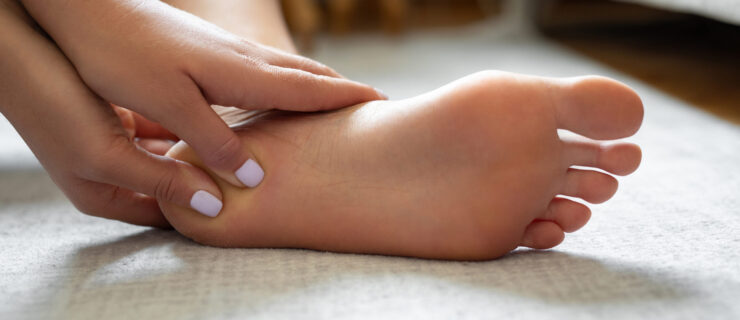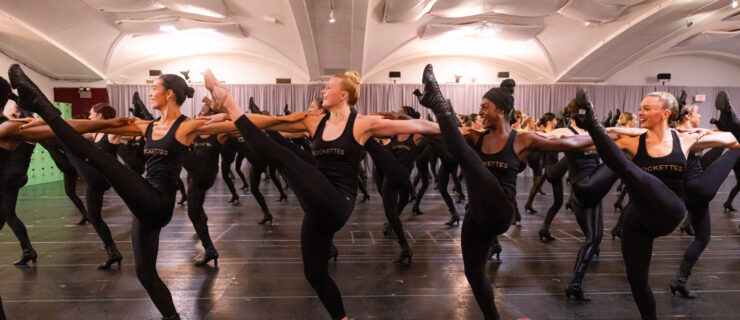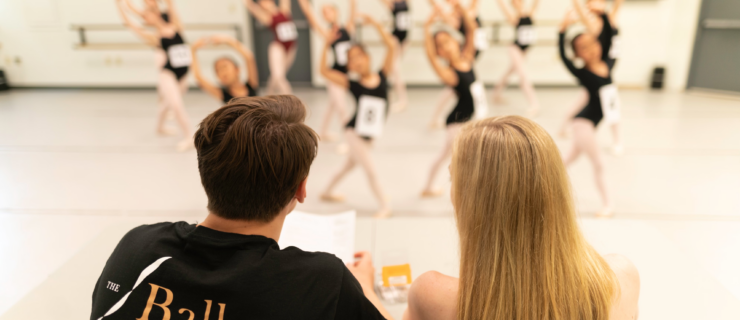Do's and Don'ts: What Matters Most At Competition
June 30, 2008
No matter how hard you work for competition, there will always be one unknown factor: the judges’ reactions. Since every event uses a different scoring system and weight ratios, is there any way to know for sure what makes a champion? DS went to the source, talking with top competition judges to give you the inside scoop on what they love to see – and what drives them crazy.
Emoting Power
-You may be a technical genius, but the real way to wow judges is with your performance. Show them not just how hard you’ve worked, but that you’re having the time of your life, too. “A memorable dancer has clean technique, original style and natural facial expressions that get the audience excited and drawn into the performance,” says Angie Gallis, a judge for Co. Dance/Starlight Productions, Encore Talent Productions and Dance Champs.
-Every number, from an emotionally driven lyrical piece to a rough-and-tumble hip-hop routine, has a story to tell. “There is a huge difference between people who are doing the steps and people who are performing,” says Jim Keith, a judge with Headliners Competition, StarQuest and Cathy Roe Ultimate Dance Competition. “The ones [who] win in my book are the ones [who] tell a story when they dance.” Take time during rehearsals to listen to the lyrics of each song you’re dancing to, then practice using movements and facial expressions to bring those words to life. “There are many emotions you can do besides happy and sad,” says Keith. “Explore other emotions in your pieces.”
-You may think that professional judges are simply there to analyze and score your routines, but even the toughest judge can be moved by a good performance. Joey Zarzecki, a judge for Starpower, Dance Ovations and Spotlight Dance Cup, recalls one standout lyrical solo: “The choreography suited [this dancer’s] ability and the music, but there was such passion and feeling behind the movement. From the moment she stepped onstage, she commanded it. She wasn’t just a beautiful dancer, she was a beautiful person and she showed me that. If I could have given her a standing ovation, I would have.”
Technical Prowess
-Technique carries the most weight in competition, but that doesn’t mean a number packed with acrobatics will lead to higher scores. Judges tend to prefer clean technique that is presented artistically. “When numbers are just a series of tricks, the tricks lose their luster and mean nothing,” says Adam Cates, a judge with Dancers Inc., Spotlight Dance Cup and Dance Masters of America. “Tricks are great, but I want to know if you can dance.”
-Make sure every step you include in your routine is executed with technical precision. It’s a big faux pas to compete with skills you haven’t mastered, and it’s difficult to make up for points lost to sloppy technique. “Dancers need to show what they can do, not what they can’t do,” says Zarzecki. “I would rather see a clean double than a triple that hops to get around.” Keith agrees: “I would rather see a girl do a single and hold it. That shows more technique than someone spinning around three times.”
-When putting together a routine, think outside the box. Keith remembers one modern dance number he judged last season. “There were no pirouettes, not one jete. There were a lot of level changes and girls making shapes with their bodies and it was beautiful. They did interesting lifts and tosses and moved a couch around the stage. That routine placed every time they competed. To me it says, ‘See kids, you don’t have to do all that stuff. You don’t need all the tricks to win.’ ”
Offstage Matters
Although judges score only what happens onstage, backstage behavior doesn’t go unnoticed, and may subconsciously influence their perception of you. “Dance is such a small arts community,” says Keith. “Remember that you’re representing your community.” A good attitude can make a memorable impression on judges – and so can a negative one. “I’m always watching people’s etiquette after and before they perform,” says Keith. “If you’re good, you don’t have to be nasty. You might be an amazing dancer now, but remember where you used to be and be appreciative of the novice dancers around you.” Sportsmanship can be just as important as a perfectly executed routine. “The worst sportsmanship I have seen is competitors being ungracious during awards if they receive anything less than first,” says Gallis. “When you receive a lower award, you should challenge yourself to place higher at the next competition instead of pouting.” A good way to show support for your fellow competitors is to cheer for dancers who come alone or with a small group, and may not have the same audience support as the larger groups. “Once, I saw a studio reach out to an independent entry,” says Zarzecki. “They all sat and watched her perform and clapped for her.” The bottom line? Congratulate and support other competitors. Remember, you’re all at competition for the same reason: You love to dance.



